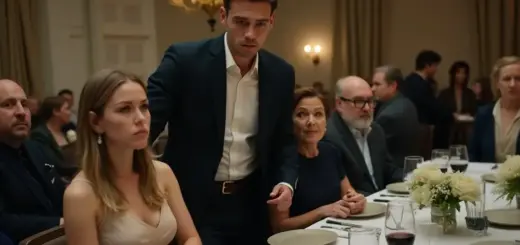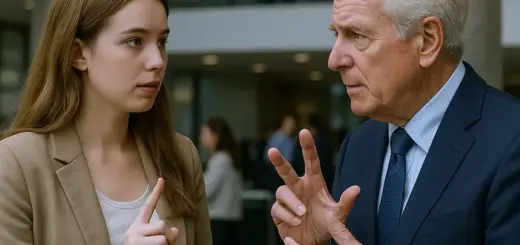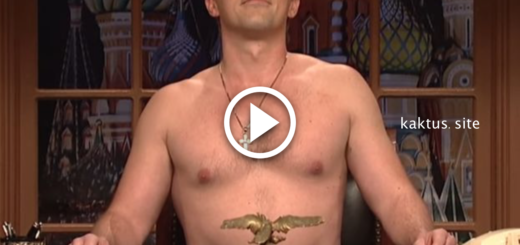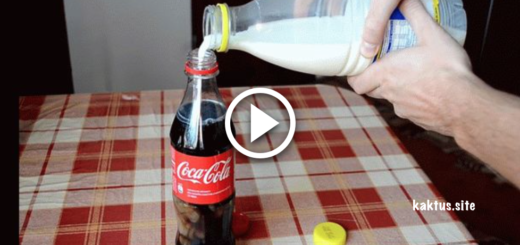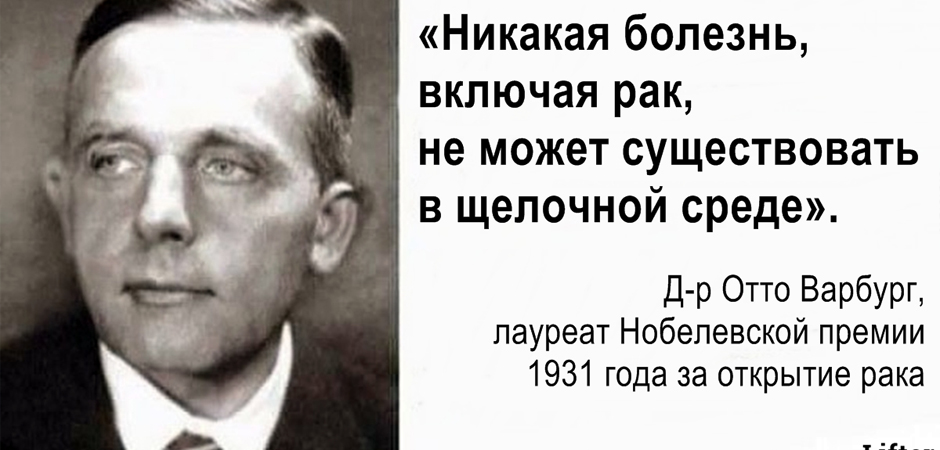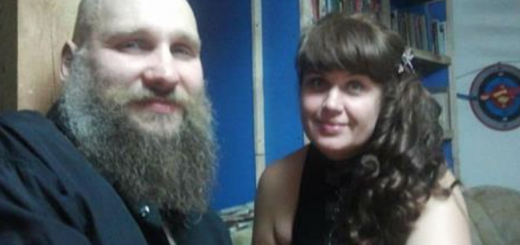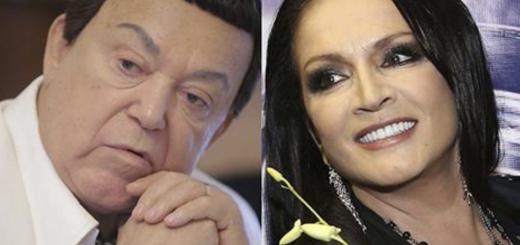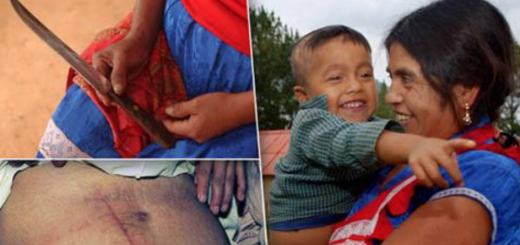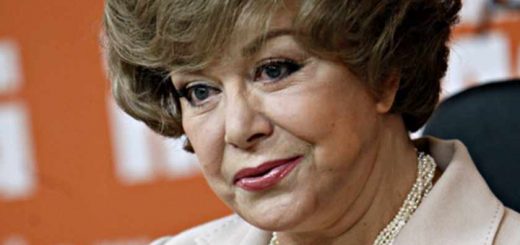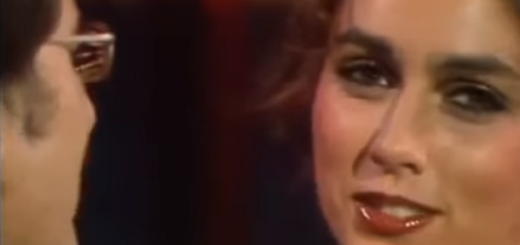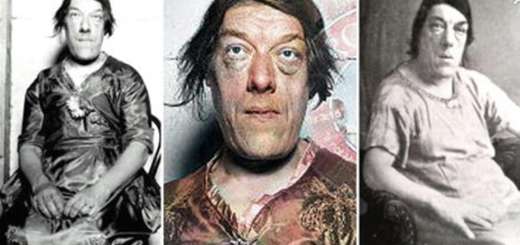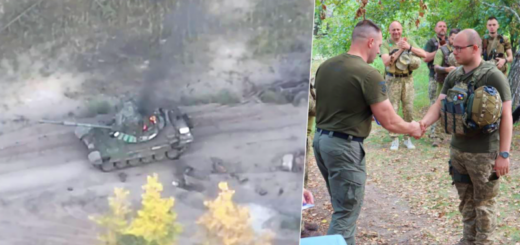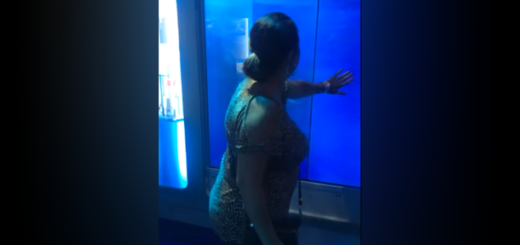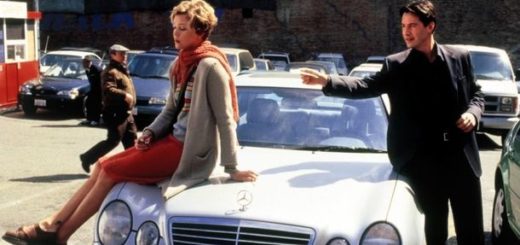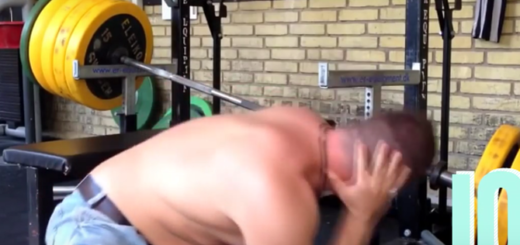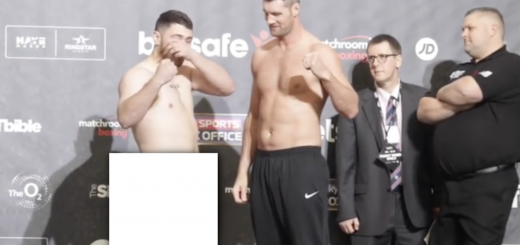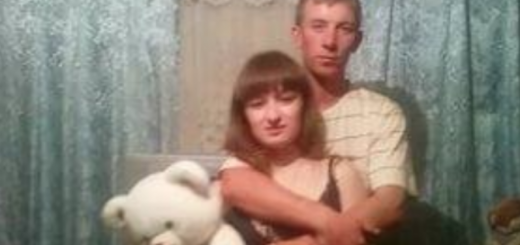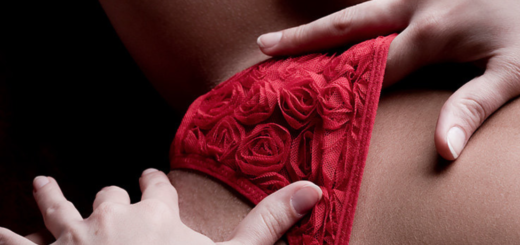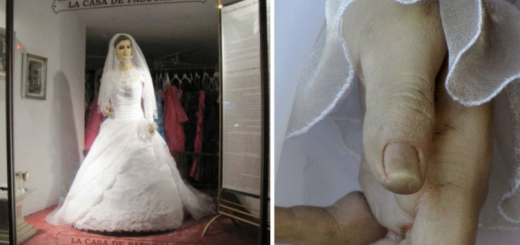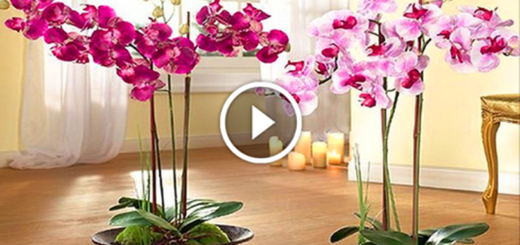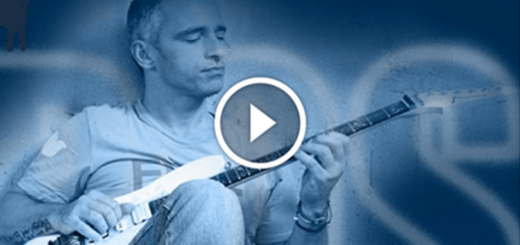The house had never been a loud place, even when Robert was alive. But in the wake of my final exchange with Ethan and the profound silence that followed, something in its atmosphere shifted. The quiet no longer felt passive. It felt like a judgment. I found myself moving more slowly through the rooms, not from fatigue, but because there was no longer any reason to rush. My days took on a muted, deliberate quality. I folded laundry with geometric precision. I wiped down counters that were already spotless. I watered my houseplants at the exact same hour each morning. I was no longer waiting for the phone to ring. But I was still acutely aware of its silence.
Three days later, the voicemail indicator light began to blink. I had let the call ring unanswered, but I listened to the message afterward. Ethan’s voice, filtered through the small speaker, sounded as if it were coming from behind a door I had no intention of ever opening again. He said he thought he had «overreacted.» That he «just wanted to make sure things were handled properly.» Then his tone softened. «I miss the way things used to be,» he said. «I hope we can talk again soon. Just talk.»
I didn’t delete the message. But I didn’t save it, either. I simply let it exist in that digital limbo between memory and obligation. Later that evening, I found myself scrolling through old text message threads on my phone, conversations I hadn’t looked at in months. There were photographs from years ago: Ethan at the grill in the backyard, a triumphant look on his face; Chloe holding up a pie I had taught her how to make; a blurry shot of the golden retriever we once shared, before her hips got too old to manage the stairs. And further back, messages from a time when Ethan still used far too many exclamation points, from when he would still end every conversation with «love you.»
I clicked on one of those older messages and just stared at it. I wasn’t trying to feel anything. I was simply observing what had once existed. Then, one by one, I began to delete them. Not in a fit of anger, but as an act of acknowledgment. The very last one I kept was a short video. It was of Ethan at ten years old, holding a flashlight under his chin in a dark room, telling a ghost story while my own laughter could be heard in the background. My voice sounded younger then, lighter. I watched it twice. Then I put my phone away.
I went to bed early that night, not to sleep, but simply to lie still. The bed felt immense. Not emptier, just more honest. I had given that boy every piece of myself. And the man he had become had taken those pieces and used them to build a case against me. That was the most difficult truth to bear. It wasn’t the greed. It wasn’t the manipulation. It was the devastating realization that the things I had given out of love, he had repurposed as leverage. Somewhere along the line, in his eyes, I had ceased to be his mother and had instead become a resource. And that is a kind of grief that no one ever prepares you for. A grief that sounds like your own voice on a recording, speaking to no one.
I moved at the end of February, just as the last of the heavy snow began to recede. My new house wasn’t far from the old one, still situated near the lake, but it was tucked away on a much quieter street. It was smaller, older, the kind of place with a charmingly crooked mailbox and painted shutters that rattled a little when a strong wind blew in off the water. But it felt right. It felt as though it had been waiting for someone who no longer required space for entertaining, only space to breathe.
I didn’t bring many of my old possessions with me. Just the things that truly mattered. The framed photograph of Robert that sat on my bookshelf. The collection of handwritten recipe cards, stained with years of use. A few boxes of my favorite books, the chipped blue teapot, and a ceramic garden owl that had once sat by my back porch, failing to scare away a single bird.
Most mornings, I began to walk down to the public library on Main Street. Not because I was in constant need of new books, but because I found comfort in the ambient sound of other people turning pages. I started volunteering for a few shifts at the circulation desk—nothing formal, just enough to feel a sense of purpose. Enough to keep my hands occupied, to stop them from reaching for things that no longer reached back.
And that is where I met them. The women who gathered there each week. They were not a boisterous group. They didn’t wear matching jackets or convene in loud circles. They arrived quietly, one by one, and they lingered for longer than was strictly necessary. Some of them read. Some wrote in journals. Some simply sat and stared out the large windows, as if watching for something that had already come and gone.
There was Betty, a former diner owner who now crafted beautiful quilts from her late husband’s old flannel shirts. There was Rose, who always brought a thermos of peppermint tea that had belonged to her sister. And there was Diane, who carried a walking cane but never seemed to use it until she was just outside the front doors.
Our friendship didn’t blossom overnight. It unfurled slowly, cautiously. It was built over shared thermoses of tea. Over knowing nods exchanged between the same shelves of books. It was founded on the silent, mutual understanding that none of us needed to articulate what we had lost. All that mattered was that we continued to show up.
One afternoon, Diane asked if I wanted to help her tend to the neglected garden bed behind the library. I agreed before I had even laid eyes on it. The soil was hard and compacted from the long winter, stubborn in the way that land can become when it has been left untended for too long. But we worked it anyway. One small row at a time. Our knees pressed into the damp earth, our hands stained with soil. There was no need for small talk, only the shared, steady rhythm of women planting something together, something that held the promise of a future bloom. We planted tomatoes, and basil, and a row of sunflowers, just for the defiant joy of it. We called it the Quiet Corner. And it became our sanctuary.
We rarely spoke of our children. When we did, it wasn’t with bitterness. It was with a sense of quiet recognition, like tracing an old scar and remembering the sharp moment just before the skin broke. The common ground we shared wasn’t grief. It was clarity. We had found a new kind of belonging. Not to one another, but to ourselves. In that small patch of earth, with soil under our fingernails and the silent comfort of books nearby, I stopped feeling like a burden. I started to feel like a woman again. Not waiting. Not missing. Just being. Present. Rooted. Like something that was finally ready to grow on its own terms.
It was on a Saturday morning that I saw him again. I had just finished sweeping the front porch of my new house. The air was still crisp, but for the first time in days, the sun had managed to break through the persistent cloud cover. I was about to head inside to make coffee when I noticed a familiar car parked at the curb. It wasn’t a rental or a delivery truck. It was his car, sitting as still as a stone, its occupant motionless behind the wheel.
He remained in the car for several long minutes before he finally emerged. He moved with a slowness I didn’t recognize, the easy confidence that had once characterized his stride now muted, like someone who had spent a long night lost in thought. He was wearing a simple gray hoodie and jeans that looked like they hadn’t been ironed. There was no folder in his hands. No pen. Just a plain white envelope.
He didn’t approach the house right away. Instead, he simply sat down on the bottom wooden step of the porch, much like he used to do as a small boy when he was waiting for me to call him in for dinner. His back was slightly hunched, his shoulders curved inward. It was a posture of vulnerability I hadn’t seen in years.
I opened the front door and stood in the doorway for a moment before walking down to join him, stopping a few feet away. He looked up at me. His eyes were the same, but the intensity in them had been replaced by a profound quiet.
— «I’m sorry,» he said, his voice low. «I was… overwhelmed. I let money start speaking louder than love.»
He told me things hadn’t turned out the way he had imagined. He paused, then looked down at the envelope in his hand and held it out to me. I didn’t take it. Not yet.
— «I don’t expect anything,» he continued. «I just wanted you to know that I see it now. What I did. What it cost.»
I allowed the silence between us to linger for a moment longer. Then, I sat down beside him on the steps. Not too close, but not too far, just close enough for the old wood to creak under our combined weight.
— «I forgive you, Ethan,» I said softly. «But forgiveness doesn’t come with a key. Some doors, once they’ve been closed, need time before they can be opened again. If they ever open at all.»
He nodded, a slow, resigned movement. He didn’t argue. He just nodded. We sat there together for a little while longer. The wind rustled the bare branches of the trees. A small bird hopped across the sidewalk, oblivious to our presence. Finally, he stood.
— «Thank you,» he said.
He placed the envelope on the step beside me. Then he turned and walked back to his car. I didn’t call out to him. I didn’t wave. I simply watched him drive away. And after his car had rounded the corner and vanished from sight, I remained seated. Not waiting. Not grieving. Just breathing. Because sometimes, the first step toward healing isn’t about walking toward someone else; it’s about learning how to sit still with yourself, without letting the past pull you under.
The first snow of the following winter arrived early. It was a thin, delicate dusting, as if it were uncertain about its decision to stay. I watched it fall from my kitchen window, the same window where I used to stand and watch a small Ethan wait for the school bus. The world outside seemed paused, yet it didn’t feel empty. It just felt still.


